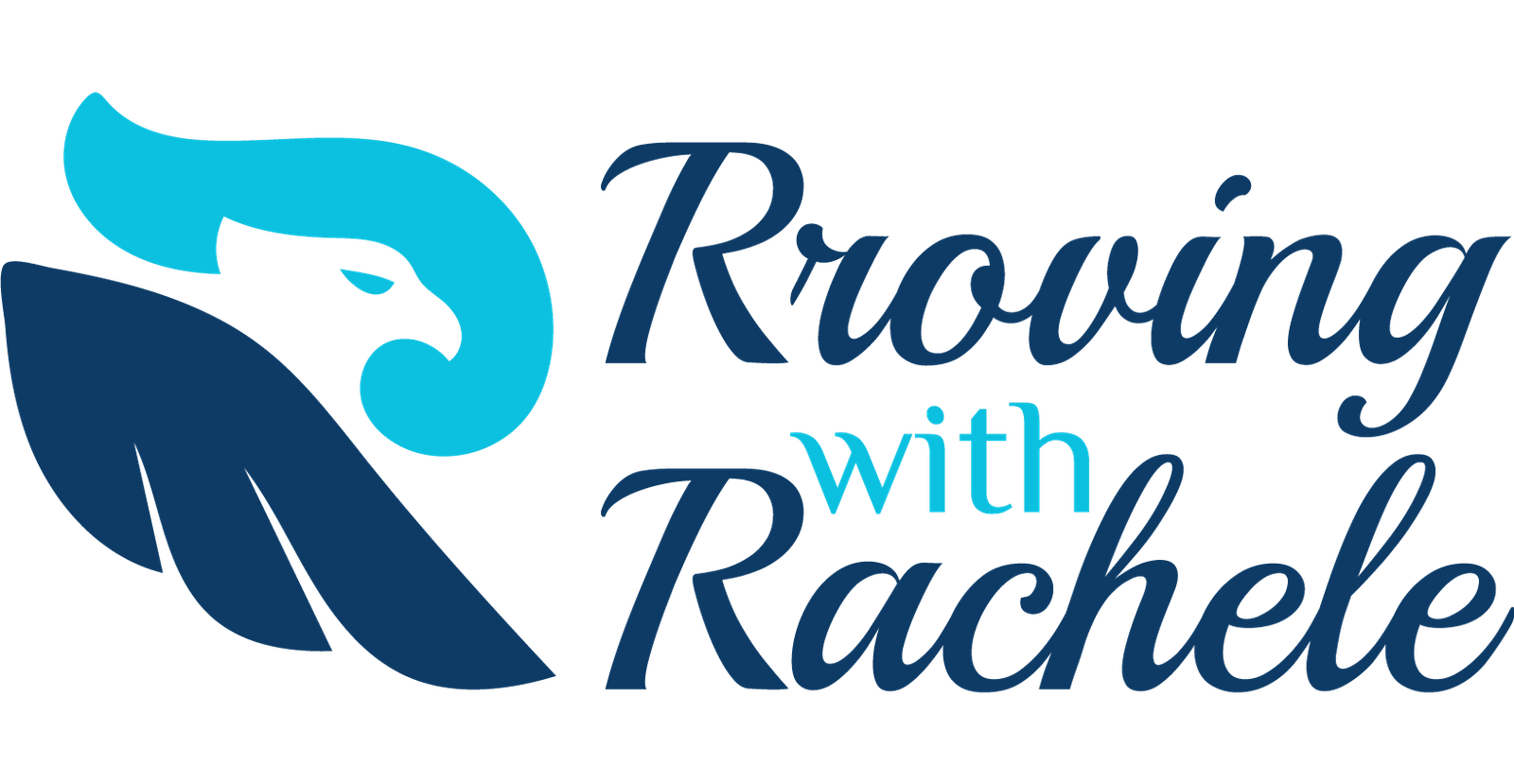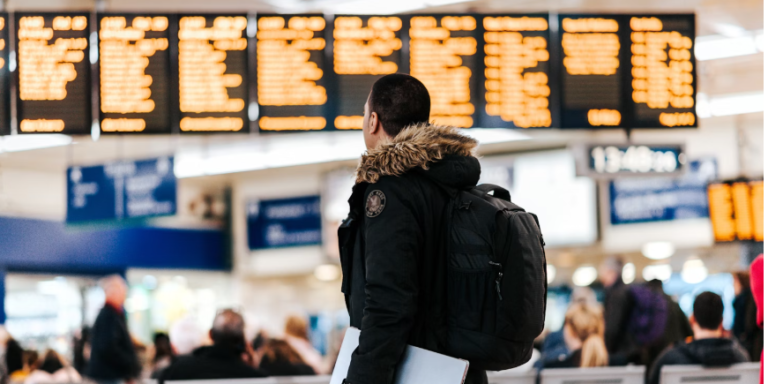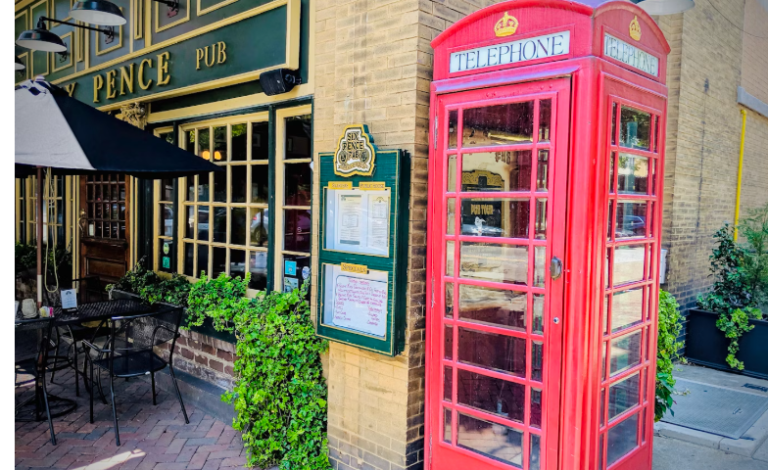How to Beat Jetlag – The Downside of Flying
Don’t let time zone changes ruin your next adventure. Learn how to outsmart jetlag with science-backed strategies. This article explains how to beat jet lag and tells you what every traveler needs to know about this comprehensive topic. 
How To Beat Jetlag?
Picture this: After an overnight flight from New York, you’ve just landed in Paris, but your body feels stuck in yesterday. Welcome to jetlag—the unwelcome travel companion affecting millions worldwide. Understanding how to beat jetlag is an art and a science. Managing this common travel challenge will transform your trips from exhausting ordeals into enjoyable experiences.
Jetlag happens when your internal body clock clashes with your new destination’s time zone. Your circadian rhythms – the natural processes that regulate your sleep-wake cycle – don’t update as quickly as your boarding pass. The result? Your body thinks it’s bedtime when locals are having breakfast. Let’s explore how you can take control of this biological mismatch.
Understanding Your Body’s Internal GPS
How Circadian Rhythms Work
Your body operates on a sophisticated internal timing system called circadian rhythms. Think of it as your sleep, hunger, and energy level GPS. This biological clock runs on roughly a 24-hour cycle and responds primarily to light and darkness signals.
When sunlight hits special cells in your eyes, they send messages to your brain’s control center (the hypothalamus). This brain region then communicates with the pineal gland, which produces melatonin – your body’s natural sleep hormone. During daylight hours, melatonin production drops, keeping you alert and awake. 
The problem with air travel becomes clear: when you cross multiple time zones quickly, your internal clock stays locked to your departure city’s schedule. Meanwhile, your new destination operates on a completely different timeline, creating the uncomfortable disconnect we call jetlag.
Who Faces the Greatest Jetlag Challenges?
High-Risk Groups for Severe Jetlag
Sure, some travelers experience more intense jetlag symptoms than others. Frequent flyers, such as pilots, flight attendants, and business travelers, face repeated circadian disruptions that can compound over time. People over 50 often need additional recovery time because their circadian rhythms become less flexible with age.
International travelers crossing multiple time zones—especially those flying eastward—typically experience the most severe symptoms. Flying east means “losing” time, which is harder for most people to adjust to than “gaining” time when flying west.
Additionally, travelers who board flights already sleep-deprived set themselves up for worse jetlag experiences. Adequate rest is a foundation for healthy circadian function, making pre-travel preparation crucial for jetlag prevention. 
Recognizing Jetlag
Symptoms That Signal Circadian Disruption
Jetlag manifests differently for each person, but several key symptoms consistently appear within 24-48 hours of crossing time zones:
Sleep Disturbances: You might be wide awake at 3 AM or struggling to open your eyes during important daytime activities. Some travelers experience difficulty falling asleep, while others wake up too early.
Cognitive Challenges: Mental fog, reduced concentration, and slower reaction times can make jetlag dangerous, especially when driving in unfamiliar locations. Your brain simply isn’t operating on the local schedule yet.
Physical Discomfort: Digestive issues like constipation or diarrhea often accompany jet lag because your gut has its own circadian rhythm. You might also experience general fatigue, headaches, or an overall feeling of unwellness.
Emotional Changes: Mood swings, irritability, and increased stress sensitivity frequently occur during circadian adjustment periods. These emotional symptoms usually resolve as the body adapts to the new time zone.
The severity and duration of these symptoms typically correlate with the number of time zones crossed—expect roughly one day of recovery time per time zone change. 
Jetlag Recovery Timeline
Time Zones Crossed Expected Recovery Time Severity Level
1-2 zones 1-2 days Mild
3-4 zones 3-4 days Moderate
5-6 zones 5-6 days Significant
7+ zones 7+ days Severe
Note: Eastward travel typically requires 25% longer recovery time than westward travel
The Root Causes
Why Your Body Rebels Against Time Zone Changes
Beyond the obvious time zone disruption, several environmental factors during air travel contribute to jetlag severity. Airplane cabin pressure changes and high altitude exposure can affect your body’s natural rhythms, even on flights within the same time zone.
Aircraft cabins maintain extremely low humidity levels—often below 20%, compared to the typical 30-60% humidity in most indoor environments. This dry air leads to dehydration, intensifies jetlag symptoms, and slows the circadian recovery process.
The artificial lighting in airplane cabins also sends confusing signals to your circadian system. Exposure to bright cabin lights during what should be nighttime at your destination can delay your body’s natural melatonin production, making sleep adjustment more difficult. 
Light Exposure
Your Most Powerful Jetlag Tool
Understanding light’s role in circadian regulation gives you significant power over jetlag prevention and recovery. Strategic light exposure can reset your internal clock faster than any other intervention.
Morning sunlight exposure helps advance your circadian clock (useful for eastward travel), while evening light exposure delays it (helpful for westward travel). However, timing matters crucially—the wrong light exposure at the wrong time can worsen jetlag by pushing your circadian rhythms in the opposite direction.
Your body might misinterpret light signals entirely for complex travel scenarios involving more than eight time zones. Early morning light might register as evening dusk and evening light as dawn, creating additional confusion for your internal clock.
Evidence-Based Prevention Strategies That Work
Pre-Travel Preparation
Innovative jetlag prevention begins days before your departure. Start Adjusting Before You Leave Gradually shifting your sleep schedule gives you a head start on circadian adjustment, which can reduce jetlag severity by up to 50%. 
For eastward travel, shift your bedtime and wake time 30-60 minutes earlier each day for several days before departure. This pre-adaptation helps your body adjust to your earlier schedule at your destination.
Westward travelers should do the opposite – gradually delay bedtime and wake time by 30-60 minutes daily before travel. If possible, shift your meal times to match your destination’s schedule, as eating patterns provide additional circadian cues for your body.
Ensure you’re well-rested before traveling. Sleep debt significantly amplifies jetlag symptoms, so prioritize getting adequate sleep for at least three nights before your departure.
In-Flight Strategies
Optimize Your Travel Day
Before boarding, set your watch and phone to your destination’s time zone. This mental shift will help you start thinking about your new schedule immediately.
Strategic sleep timing during flights can dramatically improve your arrival experience. If your flight arrives during the morning or daytime hours at your destination, try to sleep during the flight. Use earplugs, eye masks, and noise-canceling headphones to create a sleep-friendly environment.
Conversely, if you arrive during the evening hours, stay awake during the flight even if you feel tired. This will prepare you for your destination’s evening activities and help you fall asleep at the appropriate local bedtime.
Hydration plays a crucial role in jetlag recovery. Drink water consistently throughout your flight – aim for 8 ounces per hour of flight time. Avoid alcohol and excessive caffeine, as both can disrupt sleep patterns and worsen dehydration. 
Post-Arrival Recovery
Into Your New Schedule Quickly
Upon arrival, commit fully to your destination’s schedule regardless of how tired you feel. Fight the urge to nap during local daytime hours, as this can significantly extend your adjustment period.
Seek bright light exposure at strategic times based on your travel direction. For eastward travel, get morning sunlight to help advance your circadian clock. For westward travel, seek evening light to delay your internal schedule.
Maintain consistent meal times aligned with local schedules. Your digestive system has its circadian rhythm, and regular meal timing helps reinforce your new schedule throughout your body.
Consider strategic light avoidance as well. If you’ve traveled more than eight time zones eastward, avoid bright morning light for the first few days and seek late afternoon sun instead.
When Professional Help Makes Sense
Consulting Sleep Specialists for Chronic Jetlag
While occasional jetlag resolves naturally, frequent travelers who experience persistent circadian disruption may benefit from professional guidance. Sleep specialists can provide personalized strategies based on your travel patterns and health profile.
Chronic jetlag can contribute to long-term health issues, including increased accident risk, cardiovascular problems, and compromised immune function. If you travel internationally more than twice monthly, consider consulting a sleep medicine specialist for a comprehensive jetlag management plan.
Professional evaluation becomes particularly important if jetlag symptoms persist beyond the expected recovery timeframe or if you experience severe cognitive impairment that affects work performance or safety. 
I am an Amazon Associate, and I receive commissions if you click on one of my links and make a purchase. These commissions help with the upkeep of my site and ensure that I continue to provide high-quality blog posts. When you travel, make sure you have all your travel essentials. Here are links that coincide with the topic of Jetlag Prevention and things you may want to invest in:
Airplane Travel Phone Holder with a mount: https://amzn.to/4jeXjWM
A Personal Safety Alarm: https://amzn.to/43iOGEI
Frequently Asked Questions About Jetlag
Q: How long does jetlag typically last?
A: Jetlag duration depends on the number of time zones crossed and your travel direction. Expect approximately one day of recovery per time zone crossed, with eastward travel typically requiring 25% longer adjustment periods than westward travel.
Q: Can circadian disruption from jetlag cause long-term health problems?
A: Occasional jetlag doesn’t cause lasting health issues, but frequent circadian disruption can contribute to cardiovascular problems, immune system suppression, and increased accident risk. Regular international travelers should prioritize consistent jetlag management strategies.
Q: What is circadian jet lag syndrome?
A: Circadian jet lag syndrome is the collection of symptoms when your internal body clock becomes misaligned with your external environment due to rapid travel across time zones. This temporary condition affects sleep, cognition, digestion, and mood until circadian realignment occurs.
Q: How does circadian rhythm disruption affect flight time recovery?
A: The more time zones you cross, the longer your circadian rhythm disruption lasts. Each time zone represents roughly one hour of circadian adjustment needed. Your body’s internal clock naturally shifts approximately 1-1.5 hours per day, which determines your overall recovery timeline.
Q: Why does jet lag affect circadian organizations differently for different people?
A: Individual differences in chronotype (whether you’re naturally a morning or evening person), age, genetics, and overall health all influence how severely jetlag affects your circadian organization. Older adults and people with naturally rigid sleep schedules often experience more pronounced disruption.
Take Control of Your Travel Experience
Jetlag doesn’t have to derail your travel plans or business objectives. By understanding your circadian rhythms and implementing evidence-based prevention strategies, you can minimize jetlag’s impact and enjoy your destinations from day one.
Successful jetlag management combines pre-travel preparation, wise in-flight choices, and strategic post-arrival behaviors. Start implementing these strategies on your next trip and experience the difference that circadian-informed travel planning can make.
Your body’s ability to adapt to new environments needs the proper guidance and timing. With these tools in your travel toolkit, you can explore the world without letting jetlag slow you down.
References
Do Sleep Masks Help Sleep? Unveiling the Truth for Restful Nights – Sleep Monkey. https://sleepmonkey.ca/blogs/news/do-sleep-masks-help-sleep-unveiling-the-truth-for-restful-nights
A Local’s Guide to Business Travel from Walnut Creek to Dublin’s Hotspots. https://allbusinessclass.com/a-locals-guide-to-business-travel-from-walnut-creek-to-dublins-hotspots/
How Do I Transition to Minimal Running Shoes? – Solpri. https://solpri.com/blogs/blog/how-do-i-transition-to-minimal-running-shoes
Do Sleep Masks Help Sleep? Unveiling the Truth for Restful Nights – Sleep Monkey. https://sleepmonkey.ca/blogs/news/do-sleep-masks-help-sleep-unveiling-the-truth-for-restful-nights
A Local’s Guide to Business Travel from Walnut Creek to Dublin’s Hotspots. https://allbusinessclass.com/a-locals-guide-to-business-travel-from-walnut-creek-to-dublins-hotspots/
Your Travel Team
rovingwithrachele.com (w)
rachele@rovingwithrachele.com (e)






